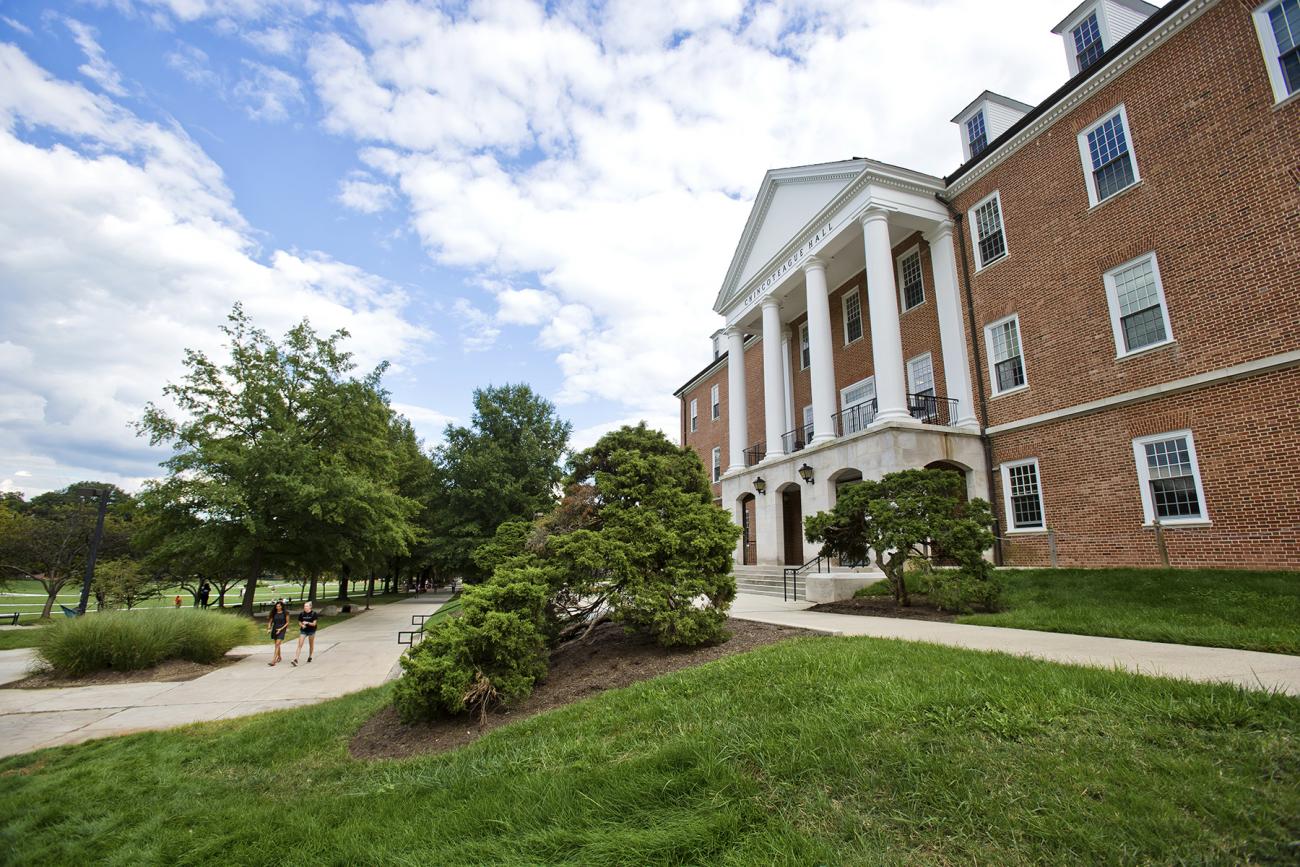Home | Program Information | Application | Faculty & Staff | FAQs | Upcoming Events | Contact Us | MAIR Journal
Paul Huth, Ph.D.
Executive Director
Email: phuth [at] umd.edu
Paul Huth is a Professor, Director of the Center for International Development and Conflict Management, and Executive Director of the Master of Arts in International
Relations in the Government and Politics Department at the University of Maryland. He has served as editor of The Journal of Conflict Resolution since 2009. Dr. Huth is currently completing a rotating position at NSF as a Program Director for the Security and Preparedness Program. He received his PhD in Political Science from Yale University in 1986, was on the faculty of the University of Michigan until 2005, and since 2005 has served as a member of the faculty at the University of Maryland. He has held visiting faculty appointments at Harvard University, The Graduate Institute Geneva, and Uppsala University.
He has published widely, including three books, multiple edited volumes, and dozens of articles in leading peer-reviewed academic journals. Many of his publications relate to subjects on civil and international conflict and war, including deterrence behavior, crisis decision making, territorial disputes, the democratic peace, international law and dispute resolution, and the civilian consequences of war. Current areas of research include the outcomes of armed insurgencies, the destruction of cultural heritage sites during armed conflicts, famine during armed conflicts, implementation of civil war peace agreements, and the displacement and return of civilian populations following civil wars.
In recognition of his work, Dr. Huth received the Karl W. Deutsch Award, Quincy Wright Book Award, the Olof Palme Visiting Professor Award, and a Lifetime Achievement Award from the American Political Science Association. He is an expert in international security policy, international relations theory, the development of large-N datasets, and quantitative conflict analyses. He has substantial experience overseeing large research projects based on a track record of over 20 external grants and contracts from NSF, United States Institute of Peace, Smith Richardson Foundation, the Minerva Program at DOD, USAID, and UK DFID.

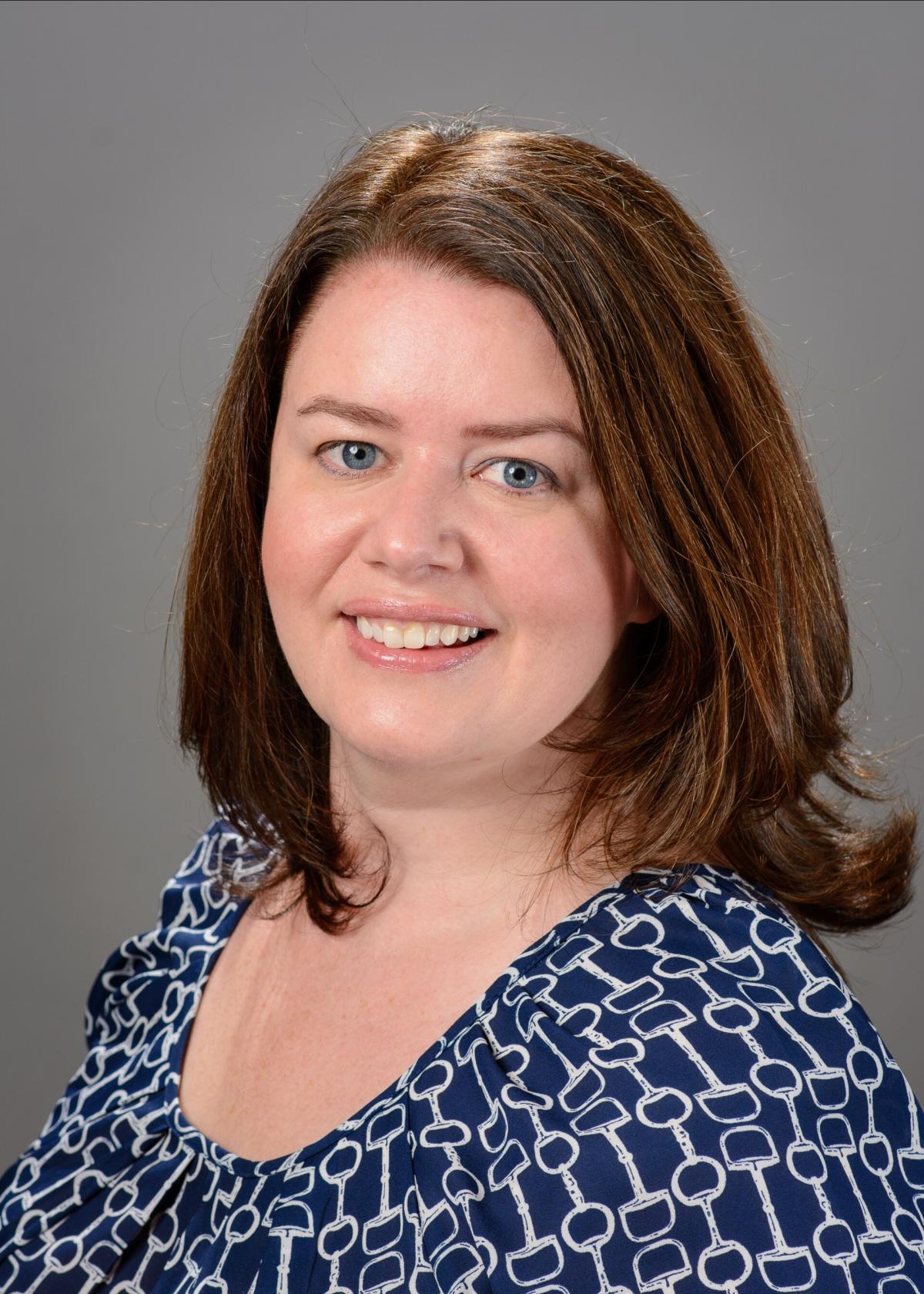
Jennifer Wallace, Ph.D.
Program Director / MAIR Instructor
Email: jwallace [at] umd.edu
Dr. Wallace is a graduate of the doctoral program in GVPT and is now the Director of the Master in International Relations Program. She has been teaching at the University of Maryland since 2012. Prior to attending the University of Maryland, Dr. Wallace worked in Switzerland as a training course coordinator at the Geneva Centre for Security Policy, part of Switzerland’s contribution to the Partnership for Peace, a program of practical bilateral cooperation between individual partner countries and NATO. She holds a BA from Sarah Lawrence College in Bronxville, NY; a Certificate of Advanced Studies in Environmental Diplomacy from the University of Geneva; and MAs in political science from the Graduate Institute of International and Development Studies in Geneva and the University of Maryland. Dr. Wallace's research interests primarily focus on environmental linkages to conflict, with particular attention to natural resource management and environmental degradation in Southeast Asia. Dr. Wallace spent 10 months in the Mekong Delta completing field research for her dissertation with the support of grants from the U.S. State Department Fulbright Program and the University of Maryland’s Program for Society and the Environment. She regularly teaches courses in political economy, international development and environmental politics. She maintains a commitment to experiential learning, and has traveled with students to Ecuador, Malawi and Italy in order to further their studies of food politics, development, and environmental policy in the field.
Denzil Cil, Ph.D.
MAIR Instructor
Email: dcil [at] umd.edu
Dr. Deniz Cil received her Ph.D. from the University of Maryland, Government and Politics Department. Her dissertation focused on the implementation of peace agreements following civil wars. Her ongoing research seeks to explain variation in peace agreement implementation based on the changing incentives of signatories and third parties in the post-conflict period. Using original data on the implementation of agreements collected with the support of the National Science Foundation and Smith Richardson Foundation, this project also looks at the different outcomes of the peace process and identifies factors that lead to a more durable peace. During her doctoral studies, Dr. Cil spent a semester as a visiting scholar at the Department of Peace and Conflict Research in Uppsala University. She was also a research fellow between 2015-2016 at the Smithsonian Institution conducting work on a project examining the causes and consequences of cultural heritage destruction during armed conflict. She holds a BA in International Relations and a MA in Eurasian – Atlantic Security Studies from Bilkent University, Ankara, Turkey, in which she examined the role of the International Criminal Court’s involvement in the conflict in Democratic Republic of the Congo. Her research work has also focused on the design of peace agreements, the localized dynamics of peacekeeping operations, the effect of foreign aid during and after conflict, and the occurrence of internal displacement and return due to conflict. Currently, she is a researcher at the Department of State-funded Conflict Observatory, working on providing systematic and replicable analysis of possible violations of international law during the war in Ukraine. Her research has been funded by the National Science Foundation (NSF), the Smith Richardson Foundation, Folke Bernadotte Academy (FBA), the Department of Defense, and the Department of State. She teaches courses on armed conflict and international institutions in GVPT's Master in International Relations Program.
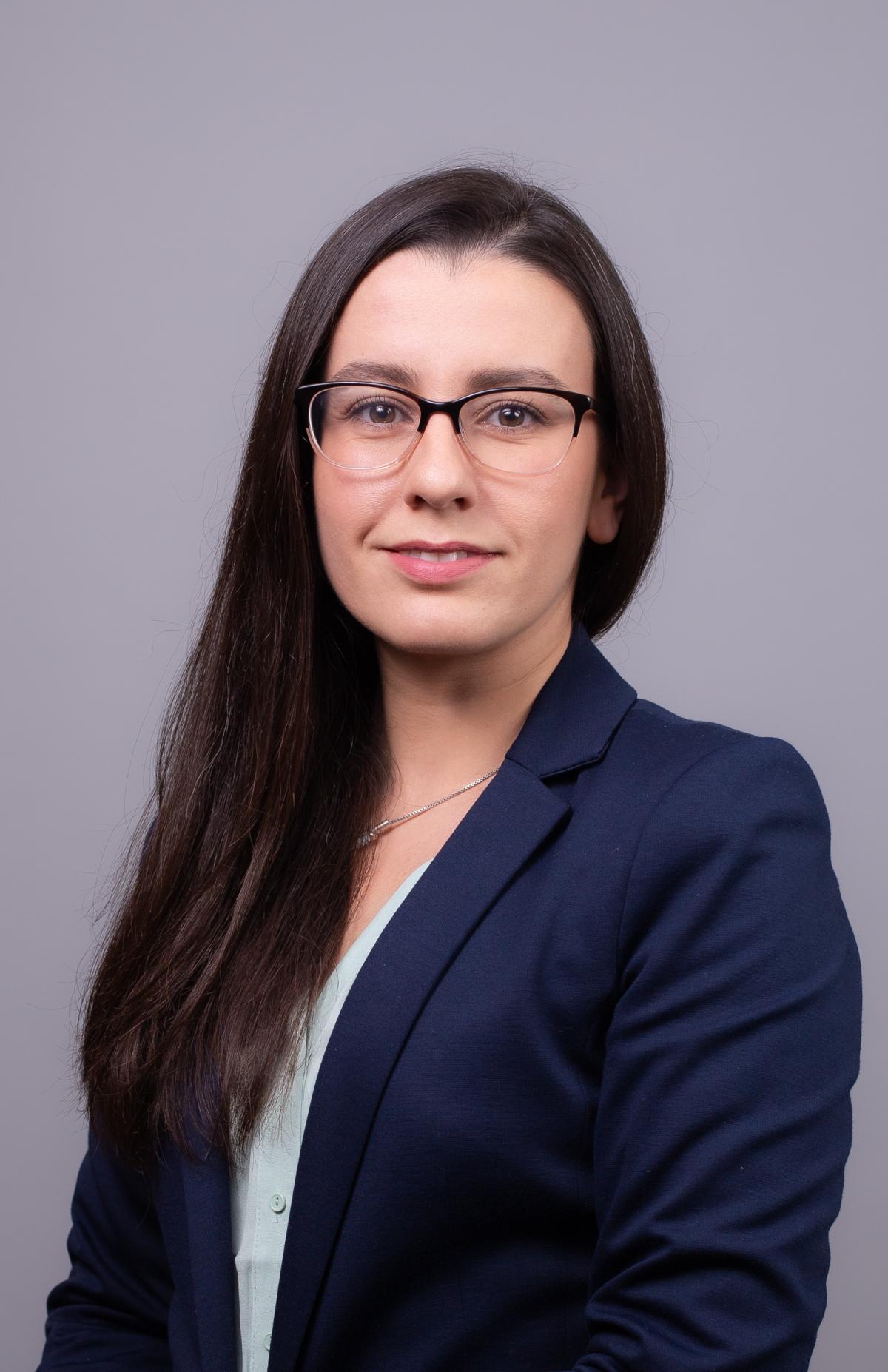
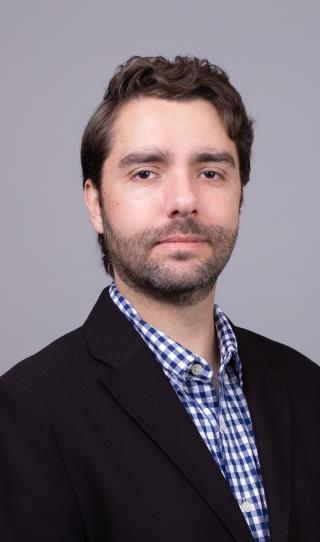
Jacob Aronson, Ph.D.
MAIR Instructor
Email: jacobaro [at] umd.edu
Dr. Jacob Aronson is an Assistant Research Scientist at the Center for International Development and Conflict Management at the University of Maryland. His current research focuses on coercive bargaining between states and between states and non-state actors. He has ongoing projects on airpower and interstate bargaining, the deterrence of nonstate actors, drones and interstate disputes, causal analysis of gray zone conflict outcomes, rebel territorial control and rebel sanctuary, and population return in conflict zones. Currently, he is a researcher at the DoS-funded Conflict Observatory where he works to understand how the conflict in Ukraine impacts our understanding of modern warfare and its consequences for civilians and combatants. In collaboration with the Smithsonian Institution, he is also working on a project that looks at the strategic logic of combatant targeting of cultural heritage sites and the impact this targeting has on conflict processes. He has published on the topic of population displacement, nuclear proliferation, state-rebel military capacity, and instability forecasting. His work is currently supported by a grant from the National Science Foundation. His prior work received support from the Minerva Research Initiative, the Smith Richardson Foundation, and the Smithsonian Institution. His applied work has been briefed to USAID, DARPA, DoS-CSO, and DoD.
Hyunki Kim, Ph.D.
MAIR Instructor
Email: hkim0123 [at] umd.edu
Dr. Kim is a lecturer at the University of Maryland in the Department of Government and Politics. She earned her Ph.D. from the University of Maryland in international relations and comparative politics. Growing up in South Korea, she developed her academic interests through exposure to the nuclear conflict with North Korea and territorial disputes with neighboring countries. Before she came to academia, she worked for policy think tanks and the Department of Defense analyzing security issues and teaching classes in security and cooperation to military personnel around the world. Her academic research broadly focuses on the role of international institutions in conflict management and how they interact with domestic political factors. Her current project examines the United Nations’ messaging tactics to conflict actors and their effectiveness in preventing war. She also teaches courses on international relations, research writing, and political economy for undergraduate and master’s students.

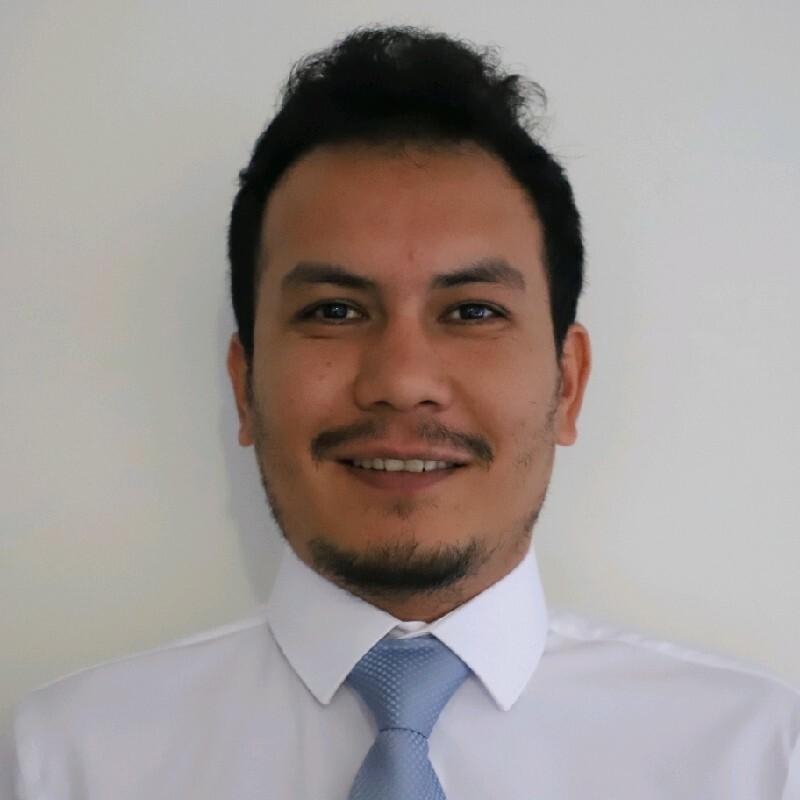
Meqdad Ali
MAIR Program Coordinator & Advisor
Email: maali [at] umd.edu
Phone: 301-405-6350
Meqdad earned his master's degree from the National University of Mongolia in International Relations, concentrating on peacebuilding and conflict resolution in post-war countries. With more than a decade of professional experience, he has honed his skills in education, non-profit management, and program coordination. Throughout his career, Meqdad's focus has consistently revolved around enhancing educational initiatives and amplifying the effectiveness of non-profit programs. His experience includes coordinating and managing various educational programs, where he has collaborated closely with diverse stakeholders to design and implement impactful learning solutions.

